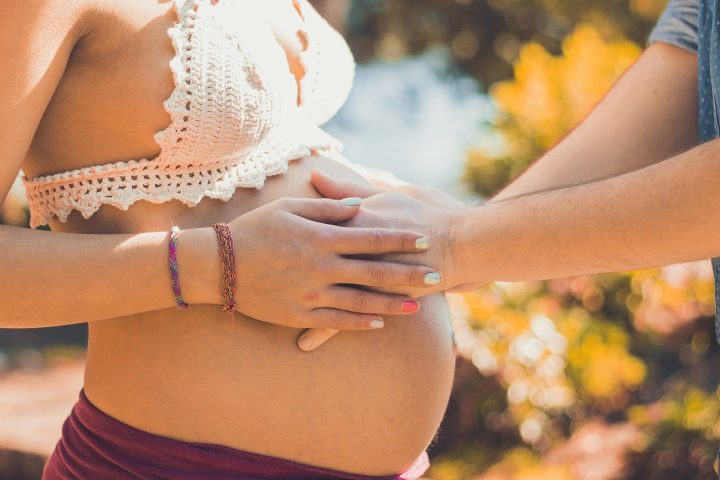How you can manage fertility when you suffer from PCOS.
Do you have PCOS? PCOS is one of the most common causes of female infertility, affecting 6% to 12% (as many as 5 million) of US women of reproductive age.
What is PCOS?
PCOS stands for Polycystic Ovarian Syndrome, and is accompanied by multiple cysts on the ovaries and high androgens in a female. Traditionally PCOS also was synonymous with irregular or absent periods, facial hair, acne, greasy skin, and a tendency towards fertility issues.
How is it Diagnosed?
Cysts are relatively common in reproductive aged women, however, PCOS as the name implies, means that there are multiple cysts on the ovaries. This can be determined through an ultrasound and pelvic exam.
It is also a good idea to see if you have raised androgens and insulin resistance through a blood test.
Does it reduce my chances of falling pregnant?
The obvious problem is that irregular ovulation makes it more difficult to time when to have sex for reproduction. However, many women who have been diagnosed with PCOS have children naturally, and sometimes with the assistance of IVF.
Egg Quality. IVF.
Whether egg quality is affected by PCOS is a bit of a mixed bag. Depending on your age and your PCOS phenotype, there are different results . The following extract from “the Centre For Human Reproduction” (https://www.centerforhumanreprod.com/fertility/pcos-effects-on-egg-quality-are- age-dependent/):
At younger ages (approximately till age 35), PCOS, whether of “classical” or “lean” phenotype, does not affect egg quality. In “classical” PCOS patients, there also appears to be no effect at older ages. However, in older “lean” PCOS women, who by this time usually have become hypo-androgenic, egg quality is, indeed, negatively affected, unless androgen levels are appropriately pre- supplemented, starting at least 6-8 weeks prior to IVF cycle start.
Reason why it is increasing.
While there is no definitive answer to this question, and not enough research into the increasing incidence of PCOS, what we do know is that it is synonymous with insulin resistance.
Apart from a high sugar diet the following factors may lead to insulin resistance (https://www.healthline.com/nutrition/insulin-and-insulin- resistance #getting-tested):-
1. The consumption of fructose
2. Inflammation
3. Inbalanced Gut Biome
4. Inactivity
We may also speculate that the increase in hormone disrupting chemicals in our food and water may also have an impact on or bodies. Our diets barely resemble our ancestors with all the pesticides, pollutants and processing.
What are some simple things I can do to assist?
According to the Mayo Clinic website (mayoclinic.org), the following lifestyle changes may assist the effects of PCOS:
- Keeping a Healthy Weight – the idea is to regulate androgens and insulin levels through a healthy weight
- Exercise – exercise moderates the insulin levels in the body
- Avoid High Sugar Diets – This includes refined carbohydrates which convert easily to sugars, and are in products such as breads, crackers, biscuits etc.For more information about how Chinese Medicine views PCOS, please contact us.




